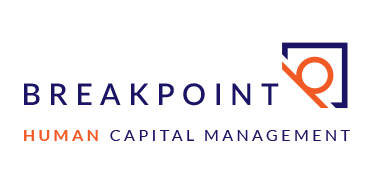Ask the milkman
I grew up in a small town and each morning we had our milk delivered by the milkman. For those of you who missed this experience it was really quite an event. Truck drivers would bring each morning fresh milk, eggs, cream, cheese, bread and butter from the company to our home. So common was this that homes had a small door on the side where the milk and other products could be delivered. Memories of neighborhood mom’s running out the front door in their housecoats and slippers to get a pound of butter or the loaf of bread for breakfast still make me smile. But today the milkman is a childhood memory. Good refrigeration, improved packaging, changes in eating habits, and cost constraints have all played a part.
These days there is a lot of talk going on about the future of Human Resources. A recent Harvard Business Review went so far as suggesting that we should blow it up. I think that HR is with the milkman.
Today in the competitive business environment there are opportunities for HR to truly become a significant contributor to achieve the targeted performance of the organization. We know that to be competitive, successful organizations rely on their ability to be agile, to engage their employees in creative ways to deliver on our promise to the customer, and ultimately create shareholder value. This is where HR can and should be a unique source of expertise. But to do that means change. Leaders must lead. We need to hire talented people who understand business strategy and are able to use data about social, cultural, and organization effectiveness as our next generation of Human Resources. The work of the new HR once siloed in functional hierarchy needs to be replaced with cross functional learning opportunities in sales, marketing, business development, and strategy. Administrative work needs to be centralized and investments in technology made freeing up the best and brightest to focus on strategy and issues of organization performance. The contributions the new HR will make to the top and bottom line performance of the organization can then be compensated at the level other high performers expect.
We are doing a lot of talking today about the future of Human Resources. Maybe we need to just do more. Make the change. Maybe we should ask the Milkman.

